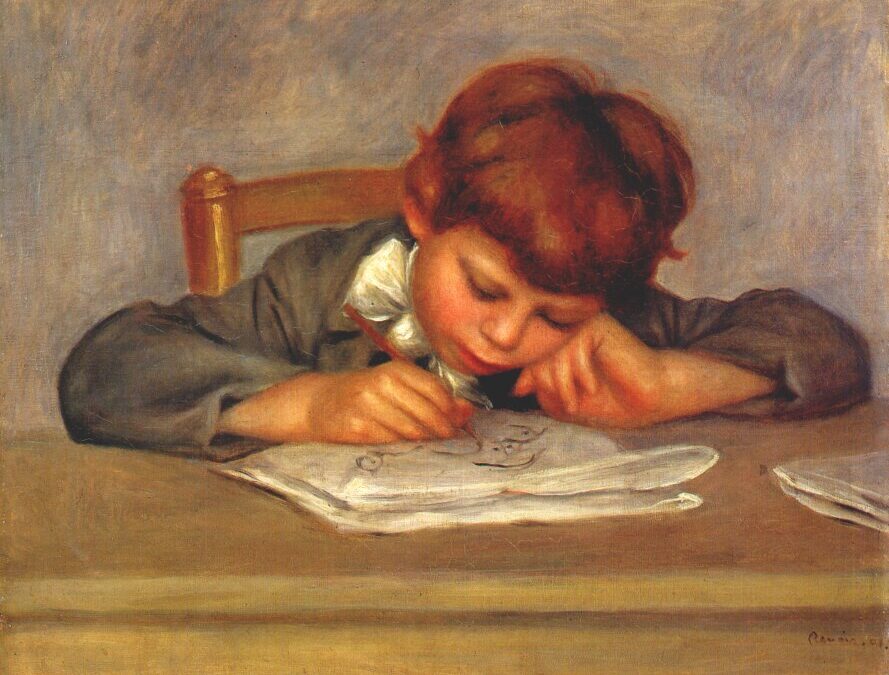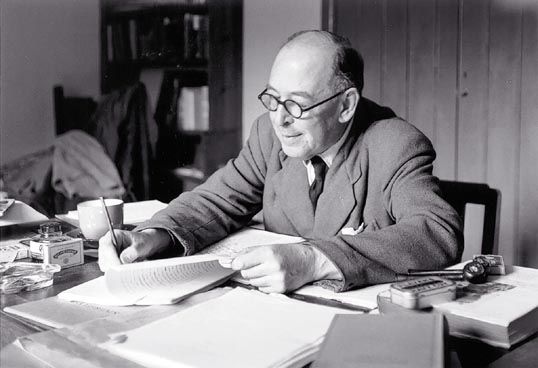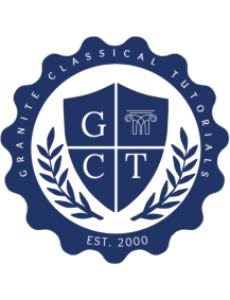
by trueendsblog | May 8, 2017 | Trivium
In Surprised by Joy, Lewis shares what he believes to be the ideal schedule for the student. He derives this pattern from the “routine” which he was accustomed to at an in-home boarding school where he was, in essence, homeschooled, along with a handful of...

by trueendsblog | Apr 14, 2017 | Trivium
For most of last month, I used excerpts from Letters to Children as the basis for some brief reflections in our morning chapel at Granite. Letters to Children is a compilation of C.S. Lewis’s correspondence with the young children to who wrote to him, usually...

by trueendsblog | Mar 9, 2017 | Trivium
In a classical education, training the heart in the grammar stage and training the mind in the logic stage are both preparation for training the mouth in the rhetoric stage. At about high school age, students start to crave something more complex than merely absorbing...

by trueendsblog | Mar 2, 2017 | Trivium
In my last post, I looked at C.S. Lewis’s advice for educating the grammar stage student: feed the young child’s natural inclination to absorb and imitate with the true, the good, and the beautiful. By teaching the young student to love and appreciate...

by trueendsblog | Feb 24, 2017 | Trivium
Our theme for the year–“Love. Think. Speak.”–gives us three areas to focus on as educators: the heart, the mind, and the mouth. As noted previously, these three areas line up nicely with the classical trivium’s grammar, logic, and...

by trueendsblog | Feb 17, 2017 | Trivium
The Lion, whose eyes never blinked, stared at the animals as hard as if he was going to burn them up with his mere stare. And gradually a change came over them. The smaller ones—the rabbits, moles and such-like—grew a good deal larger. The very big ones—you noticed it...








